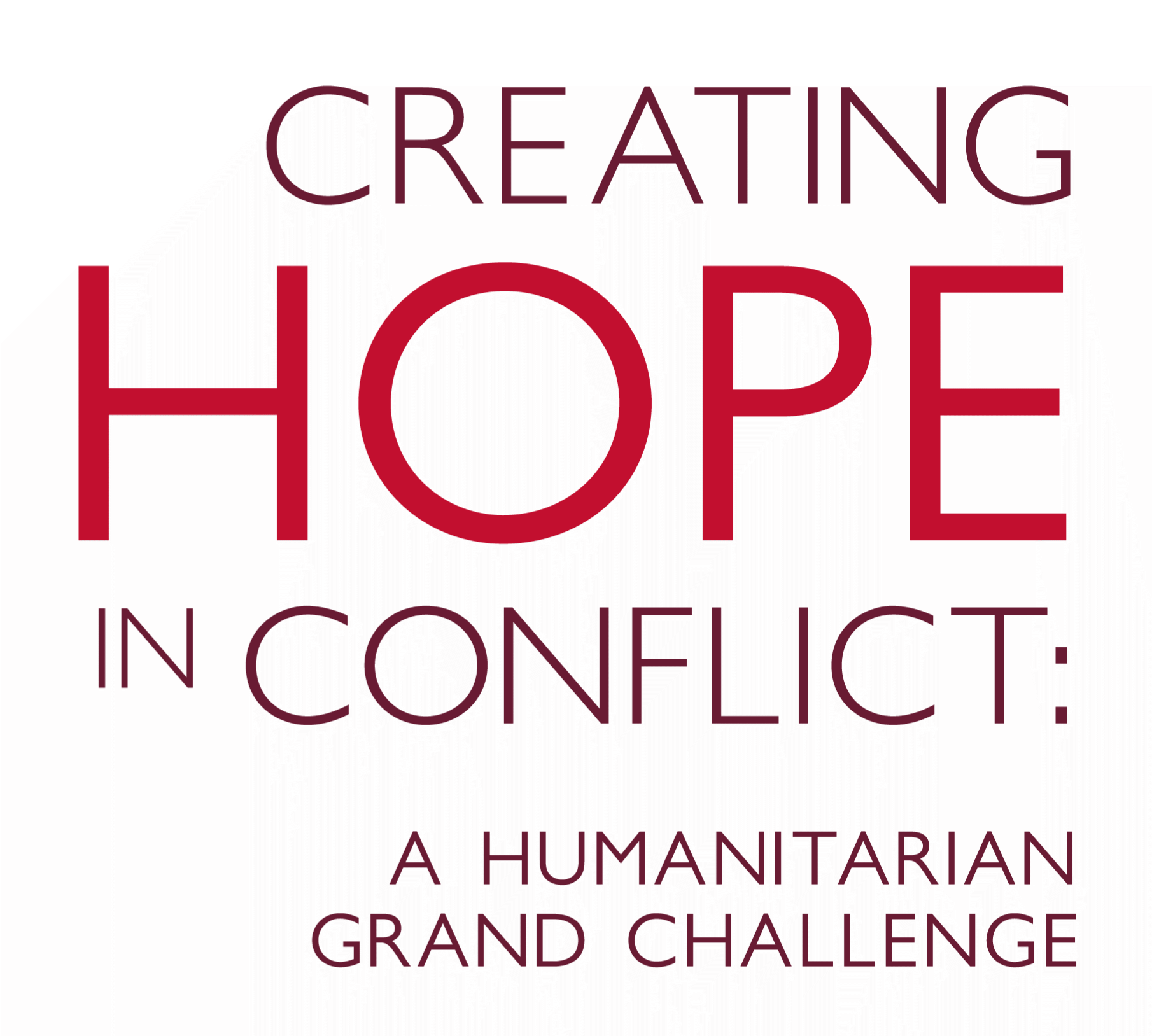By Charlotte Jenner, Communications Manager, Gray Dot Catalyst
Earlier this year, we held the first-ever Creating Hope in Conflict (CHIC) Innovation Basecamp – a partnership between Gray Dot Catalyst (GDC) and Grand Challenges Canada, with Response Innovation Lab – in Nairobi. From January 20-24, 2025, we brought together 40 inspiring innovators from Grand Challenges Canada’s CHIC proof-of-concept and Transition to Scale (TTS) cohorts for an intensive deep dive into the innovation process and pathways to scale.
Over five days of workshops, participants explored topics such as business and revenue models, evidence generation, value propositions, piloting, culture, scaling routes, and more. Using GDC’s Scaling Value model as a foundation, the sessions helped teams develop high-level strategies. The agenda also included panel discussions featuring local innovators, experts and innovation funders, along with peer-learning sessions such as World Café and Open Space, where teams could exchange insights and experiences.
The week provided a valuable opportunity to learn more about the promising innovations CHIC is funding, the brilliant minds behind them and most importantly their support needs as they take their next steps. Every workshop is a learning experience, where we, as partners, get as much from the teams we are supporting as they do from us. Here are five key takeaways from the Basecamp:
Maximizing diversity while balancing different needs.
The cohort of innovators represented a diverse range of contexts and backgrounds, with teams at quite different stages – from early proof of concept through to those transitioning to scale. While this diversity enriched discussions, it also posed challenges in designing sessions that met the needs of all participants.
To address this, we tailored content by offering dedicated sessions for the TTS teams, providing one-on-one mentoring, and organizing elective sessions with smaller breakouts. Striking the right balance required some mid-course adjustments, but by maximizing the strengths of the cohort’s diversity while minimizing potential frustrations, we created a dynamic and inclusive learning environment.
The more space for peer learning, the better.
Peer-to-peer learning is at the core of our support model, and during the workshop, it emerged as the top request from participants. To facilitate this, we formed affinity groups based on sectors, regions, customer types, and other shared characteristics.
Feedback showed that nearly every team formed at least one meaningful connection they planned to build on after the workshop—an outcome that underscores the value of structured peer learning. Moving forward, we will expand this approach by integrating group mentoring on shared challenges.
Listen to feedback & act on it
As a demand-driven platform, we prioritize tailoring our workshops to the needs of the innovators we support. In Nairobi, this meant gathering daily feedback and adjusting the program in real-time.
For example, after noticing a strong demand for more open space and breakout sessions, we restructured the agenda to accommodate them. This level of responsiveness requires agility—and humility—but it pays off: the workshop received an overall satisfaction score of 4.9 out of 5.
Structured, systems thinking unlocks new insights
Humanitarian innovators are often juggling multiple responsibilities, working remotely, and moving at a pace that allows little time to pause and reflect. Providing time and space to come together in the same location and look at their innovation through a different lens, was met with really positive feedback. While some TTS teams had already thought or worked on some of the topics that were covered during the workshop, they noted that using a structured, systematic approach to assessing their innovations, organizations and value networks added huge amounts of value. Teams reported that the process brought together sometimes scattered thoughts and initiatives into a wider framework that allowed them to more effectively visualize and develop a strategy.
Addressing accelerator fatigue
Many innovation teams had participated in intensive workshops or accelerator programs, sometimes with skepticism. Some arrived at the workshop wary of yet another training session.
While we haven’t perfected the workshop model, we tackled this challenge by incorporating participant feedback, offering tailored one-on-one mentoring, and bringing in experienced innovators as mentors. The overwhelmingly positive feedback and high satisfaction scores suggest that we succeeded in delivering a meaningful and engaging experience.
For funders, investors, and those supporting innovation, this serves as an important reminder: innovators expect to learn from experts in ways that align with their needs, learning styles, and current stage in their journey. It’s a call to keep improving and evolving our support models.
Looking ahead
We ended our week in Nairobi with a much better understanding of the innovators we are working with, their goals, pain points and support needs (as well as Karaoke skills!). The workshop was just the starting point of the Innovator Support Platform’s work with the innovation teams.
In the coming weeks and months, we will be working closely with these teams through one-on-one and as part of group mentoring, refining individualized support plans to help them advance their innovations.
We can’t wait to see what all of these inspiring teams can achieve and look forward to sharing more insights and learnings along the way.






